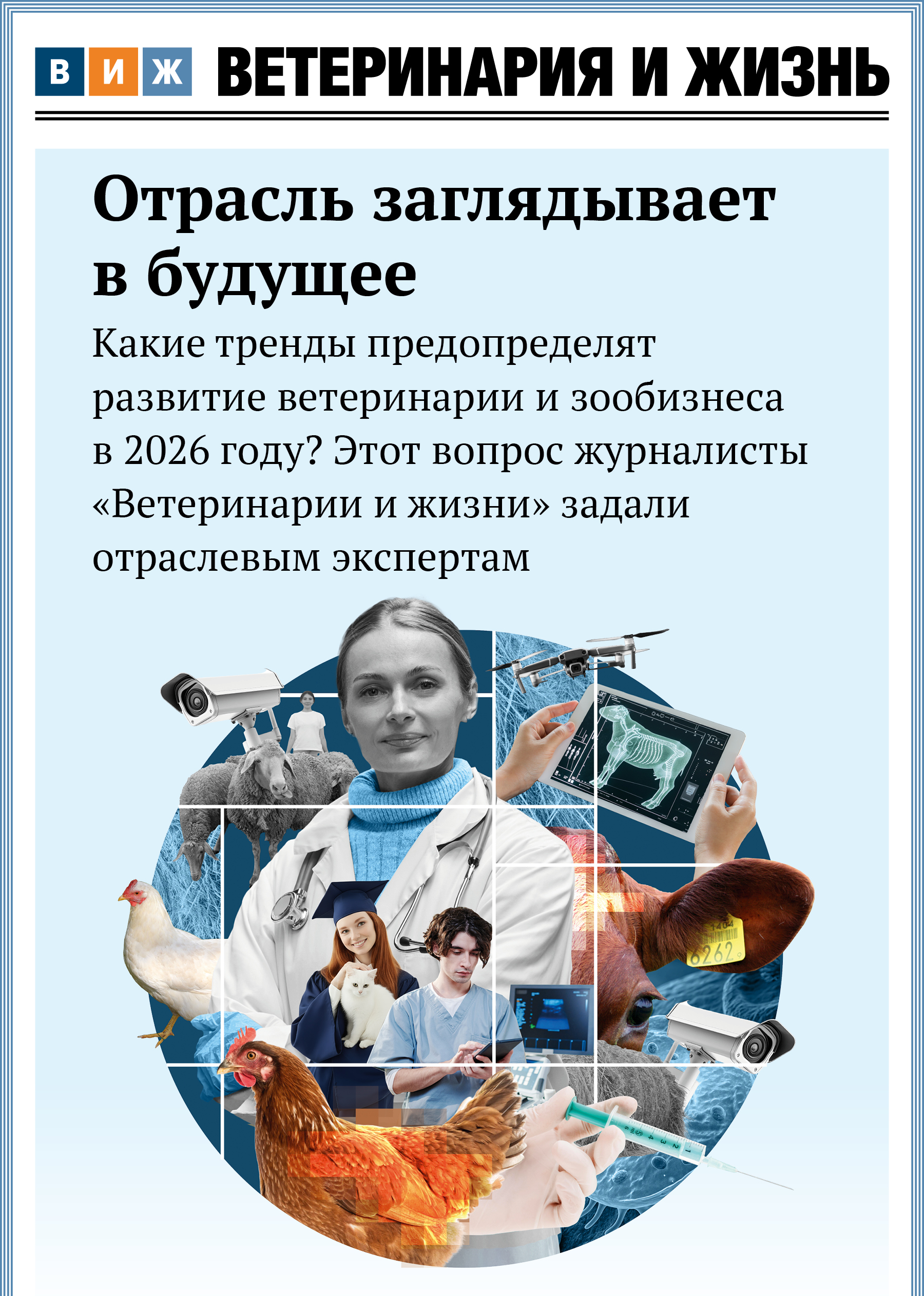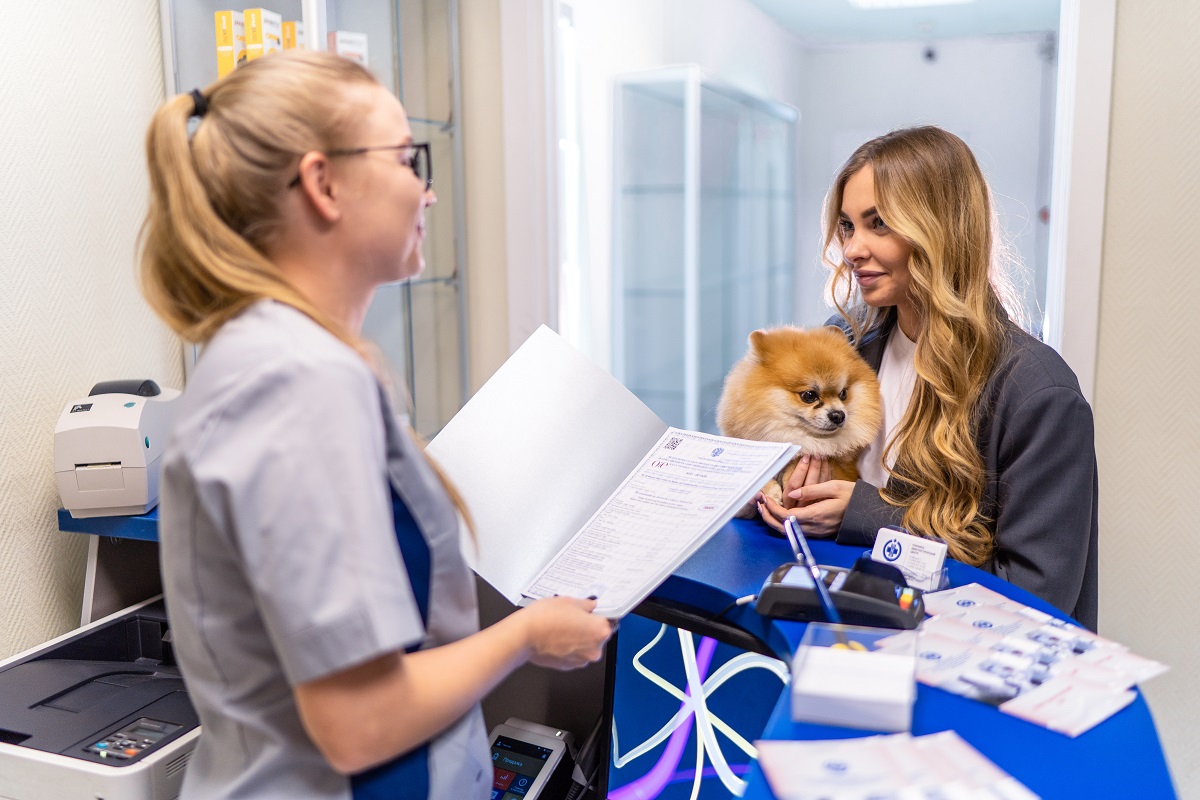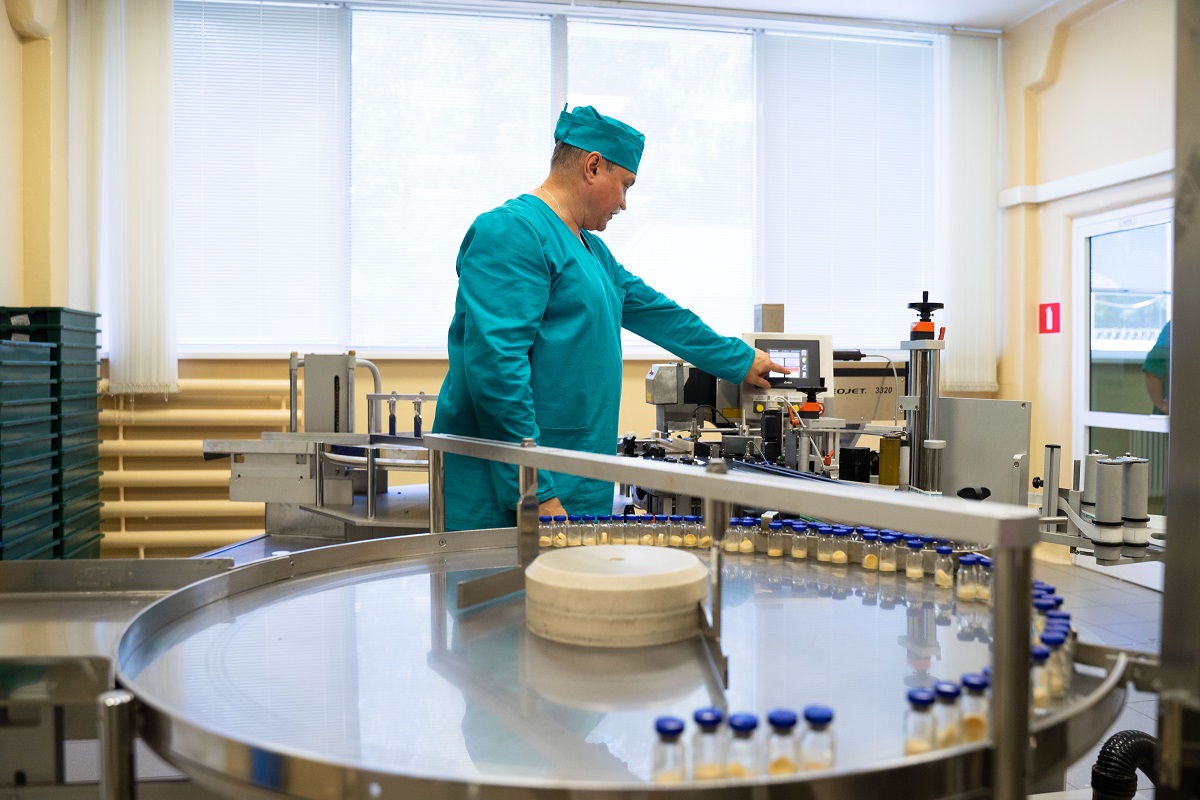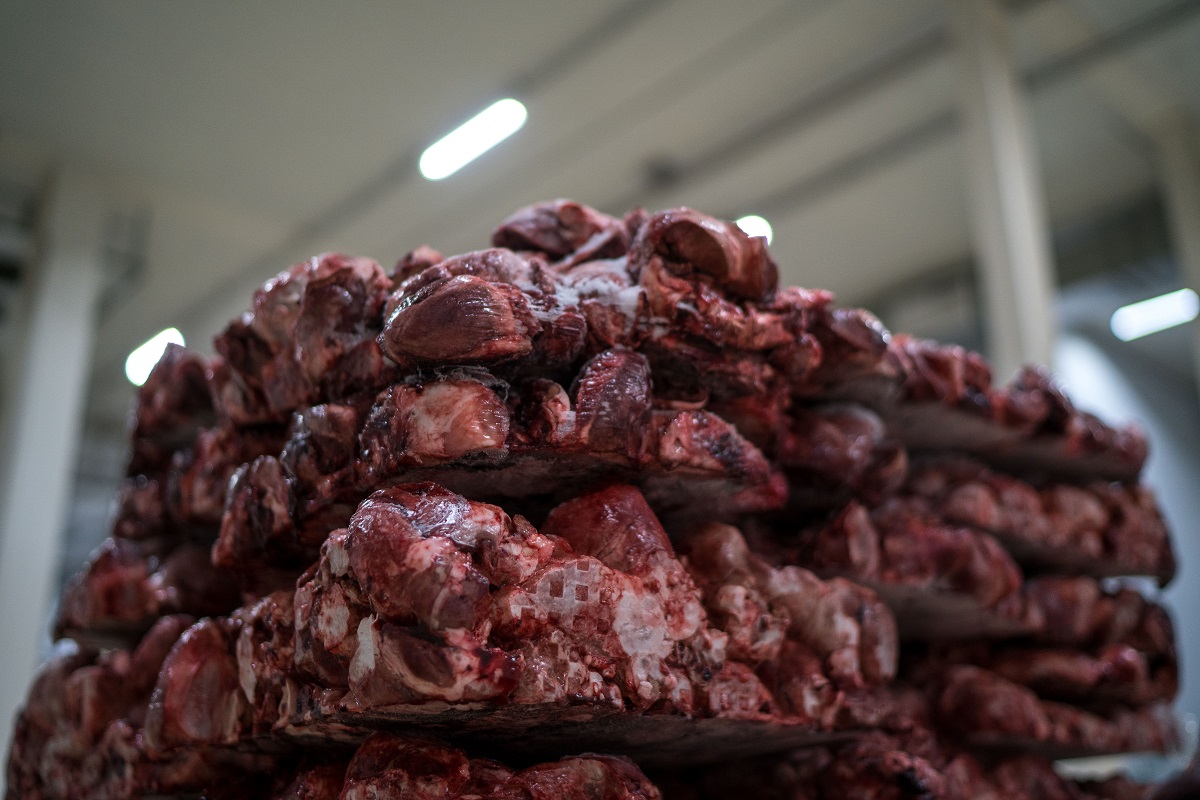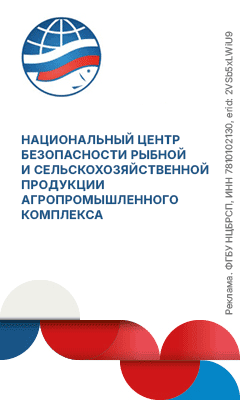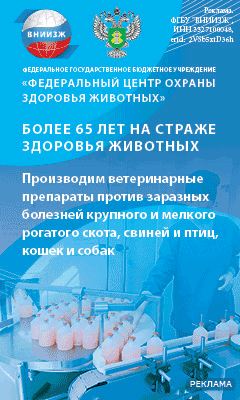According to the document, pathogenic bacteria and viruses can be imported for the sake of basic and applied scientific research in biosecurity, including study of their properties, that can cause infectious and parasitic disease spread. Besides that, bacteria and viruses can be imported for the development and implementation of new methods and technologies for prevention, diagnosis and treatment of dangerous illnesses, and for their storage in microbial strain collections.
It is also worth noting, that the largest national culture collection in Russia, which provides biological material used in veterinary science and animal husbandry, is kept and preserved in storage facilities of the Russian State Center for Animal Feed and Drug Standardization and Quality of Rosselkhoznadzor (FGBI “VGNKI”). The collection maintains over 3000 bacterial cultures and fungal strains.
“What is it done for? It is necessary to verify the identity of the vaccine strain declared at registration and the strains of immunobiologicals in authorized medicinal products that are available to the general public.” Vasilina Gritsuk, the Deputy Director of VGNKI, said in a comment to V&L.
Both legal entities and individual entrepreneurs are authorized to import microbial strains to Russia. Import permissions for dangerous pathogens that can cause disease in animals and humans are issued by the Federal Service for the Oversight of Consumer Protection and Welfare (Rospotrebnadzor), as stated in the decision.
The decision also states the list of documents required with an application for permission. It also sets out conditions for the import and export of microorganisms.


